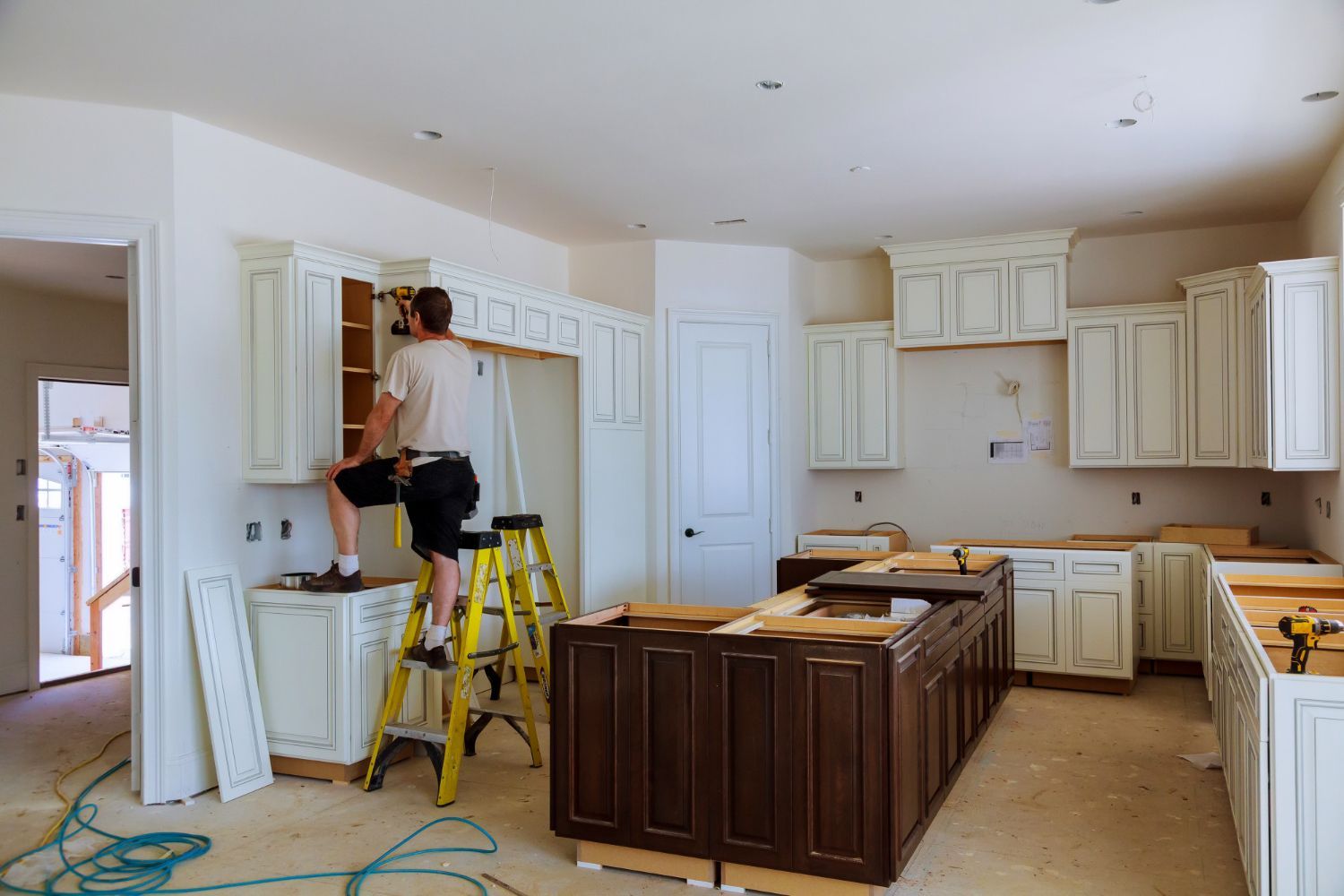RENOVATIONS – ARE YOU RENOVATING FOR FUN OR PROFIT?
Planning a renovation? Some people love to buy a new home, sit back, relax and do nothing. Others itch to renovate their home at some stage – especially if they believe in the age-old advice of buying the worst house in the best street.
If you are planning on living in your purchase for many years, it makes sense to ensure its renovation provides the features and inclusions that will enhance your lifestyle and support family changes over time. Beware though – when your heart is involved it’s easy to overcapitalise.
What if your property has been bought as an investment? When it comes to renovating an investment property it pays to leave your heart firmly tucked away and have your head in the right place. The ultimate aim is to maximise the return on your investment. The good news? You really don’t have to spend a fortune to make a profit.
As a general rule, renovations fall into two categories – structural and cosmetic.
Structural changes
These include changes to floorplans and structural additions which usually cost more but often have greater potential to add value to a property. For example, if you are adding a bedroom, it is likely the home’s value will edge up into the next price bracket depending on location.
Cosmetic changes
These involve aesthetic improvements such as painting and rendering, floor coverings as well as kitchen and bathroom upgrades. Cosmetic changes can add immediate pizzazz to a previously dowdy property, however they also start to depreciate as soon as they are finished. To ensure maximum impact from a cosmetic renovation it should be completed no more than 18 months prior to listing the property for sale.
Return on investment (ROI)
As a financial rule of thumb, your renovation should give you a return of at least $2 for every $1 you spend. It pays to do your homework in the local area:
- How do sales of renovated properties compare with those in original condition?
- What features make some properties highly appealing while others wallow on the market?
Visit recent developments that are selling fast to see what builders are doing to attract buyers.
Kitchen and bathroom renovations often deliver the best return but once again, do your homework. Some markets will pay for extra panache. The demographic of potential buyers will ultimately determine the most desirable features to consider in a renovation.
Fake it ‘til you make it!
It may be tempting to go for cheap materials but those that are poor quality can end up costing you more in repair and replacement costs.
Track down expensive looking fake or imitation finishes such as:
- re-purposed or recycled materials
- faux finishes that look like the expensive real thing, e.g. brick that looks like marble, laminate that look like granite, decorative paint finishes, and wallpapers which imitate other finishes
- basswood instead of real timber venetians
DIY or professionals?
Reality TV shows like The Block have renewed interest in renovating across Australia. The true reality is that renovating your home can’t always be a DIY job.
Some tasks should only be attempted by a reputable, qualified tradesman. Yes, it may cost more initially to seek experienced help but it will save you time and money in the long run. Hiring a professional will ensure that the work completed meets building standards, preventing costly repairs. Jobs best left to a qualified tradesman include:
- electrical work
- plumbing
- structural changes
Paying for your renovation
There may be a number of options for financing your renovation. These will be dependent on the size and cost of the renovation and your individual circumstances.
Options may include:
- using the equity in your home
- construction loan – for a major renovation
- line of credit
Call the office and we would be pleased to book you in for a chat to discuss your finance options.
A renovation can definitely provide a profitable return on your investment. You can achieve this by a combination of research and using smart strategies for both materials and the services you hire. You may even benefit from tax deductions.
Disclaimer: This article is generic in nature. All finance and investment decisions should be considered wisely and based on your personal and financial circumstances. Seek proper advice before committing to any course of investment action. This is not deemed as advice. © 2016



